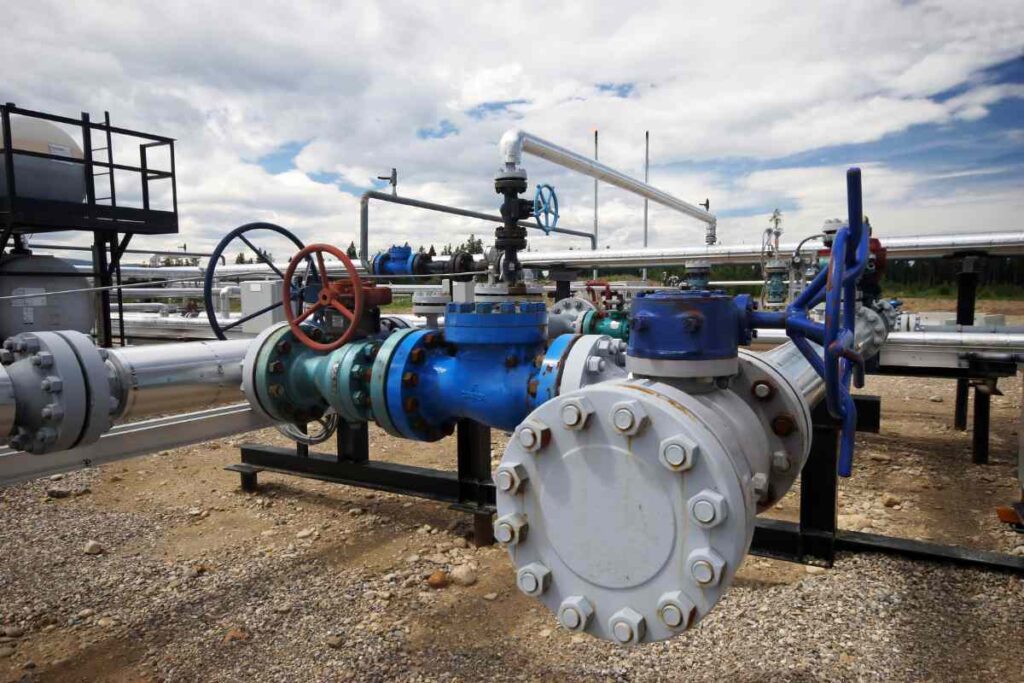It’s important to take control of your situation after an oilfield accident, as companies and their insurers often prioritize their own interests. They may try to minimize their liability and push for a quick return to work, potentially jeopardizing your recovery. You might encounter tactics such as:
- Denying responsibility and blaming you for the accident.
- Destroying evidence that supports your claim.
- Offering low settlements far below your case’s actual worth.
- Limiting compensation to basic workers’ comp benefits, ignoring future medical needs and pain.
- Discouraging you from hiring a lawyer to reduce their payout obligations.
By consulting with an experienced oilfield injury attorney, you can ensure that your rights are protected and that you receive fair compensation for your injuries and losses.
Protecting Your Future
If you’ve been injured in an oilfield accident, pursuing a lawsuit can be an essential step toward securing the compensation you need for medical expenses, lost wages, and other damages. Understanding what to expect during the legal process can help you feel more prepared and confident as you move forward. Here’s an overview of the key stages involved in an oilfield injury lawsuit:
1. Initial Consultation with a Lawyer
The first step in pursuing an oilfield injury lawsuit is to consult with an experienced Texas oilfield injury lawyer. During this initial meeting, your lawyer will evaluate the details of your case, including the circumstances of the accident, the extent of your injuries, and any evidence you have gathered. They will advise you on the strength of your case, the potential compensation you could receive, and the next steps to take.
2. Investigation and Evidence Gathering
Once you decide to proceed with a lawsuit, your lawyer will conduct a thorough investigation of the accident. This process includes collecting evidence such as accident reports, medical records, photographs of the scene, equipment maintenance logs, and witness statements. They may also work with experts in fields like engineering, medicine, or safety to build a strong case. The goal is to establish liability and prove that negligence or misconduct led to your injury.
3. Filing the Lawsuit
After gathering sufficient evidence, your lawyer will file a formal complaint with the court, officially starting the lawsuit. The complaint will outline the details of your case, the injuries sustained, the parties involved, and the damages you are seeking. Once the lawsuit is filed, the defendant(s) will be served with a copy of the complaint and have a set period to respond, typically 20 to 30 days.
4. Discovery Process
The discovery phase is a critical part of the lawsuit, during which both parties exchange information and evidence related to the case. This process may involve written questions (interrogatories), requests for documents, and depositions, where witnesses and parties involved are questioned under oath. Discovery allows both sides to assess the strengths and weaknesses of the case, gather additional evidence, and prepare for trial.
5. Negotiations and Settlement Discussions
Many oilfield injury cases are settled out of court through negotiations between your lawyer and the defendant’s legal team or insurance company. During settlement discussions, both parties will attempt to reach an agreement on compensation without going to trial. Your lawyer will negotiate on your behalf to ensure you receive a fair settlement that covers your medical expenses, lost wages, pain and suffering, and other damages. If a fair settlement cannot be reached, the case may proceed to trial.
6. Going to Trial
If a settlement cannot be achieved, your case will go to trial. During the trial, both sides will present their evidence and arguments before a judge or jury. Your lawyer will present your case, including witness testimonies, expert opinions, and documentation of your injuries and damages. The defendant’s legal team will present their defense. After both sides have presented their cases, the judge or jury will deliberate and issue a verdict.
7. Verdict and Compensation
If the court rules in your favor, you will be awarded compensation for your injuries and other losses. The amount of compensation will depend on several factors, including the severity of your injuries, the impact on your ability to work, and the extent of your pain and suffering. If the defendant is found to have acted with gross negligence or willful misconduct, you may also be awarded punitive damages, which are intended to punish the wrongdoer and deter similar behavior in the future.
8. Appeals Process
After the verdict, either party has the right to appeal the court’s decision if they believe there was a legal error that affected the outcome. If an appeal is filed, the case will go to a higher court for review. The appeals process can be lengthy and may delay the final resolution of your case. Your lawyer will guide you through this process and help you understand your options if an appeal is filed.
9. Receiving Compensation
If you win your case or reach a settlement, the compensation will be distributed according to the terms agreed upon or ordered by the court. This may include a lump sum payment or structured payments over time, depending on the agreement or court order. Your lawyer will ensure that all legal fees and costs are deducted appropriately and that you receive your compensation as quickly as possible.
10. Ongoing Legal Support and Guidance
Throughout the lawsuit process, your lawyer will provide ongoing support and guidance, keeping you informed about the progress of your case and helping you make informed decisions. They will handle all legal complexities, negotiations, and court proceedings, allowing you to focus on your recovery.
By understanding what to expect from an oilfield injury lawsuit, you can better prepare for the process and work with your lawyer to achieve the best possible outcome. Pursuing a lawsuit can be a complex journey, but with the right legal representation, you can seek justice and obtain the compensation you need to move forward with your life.






